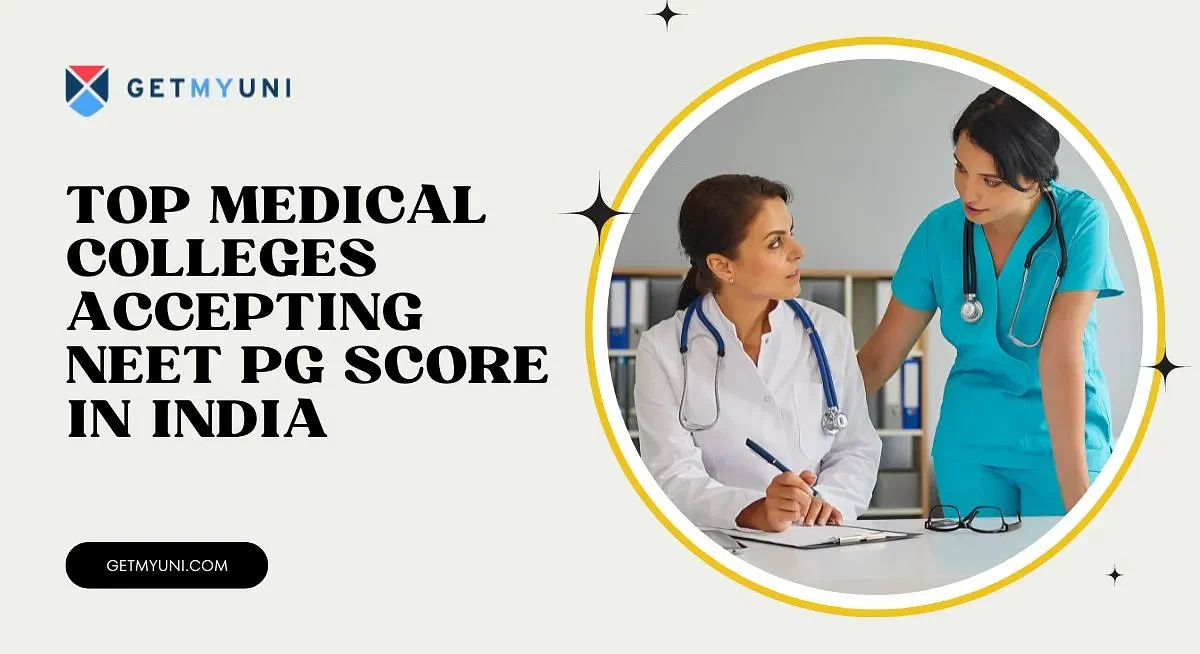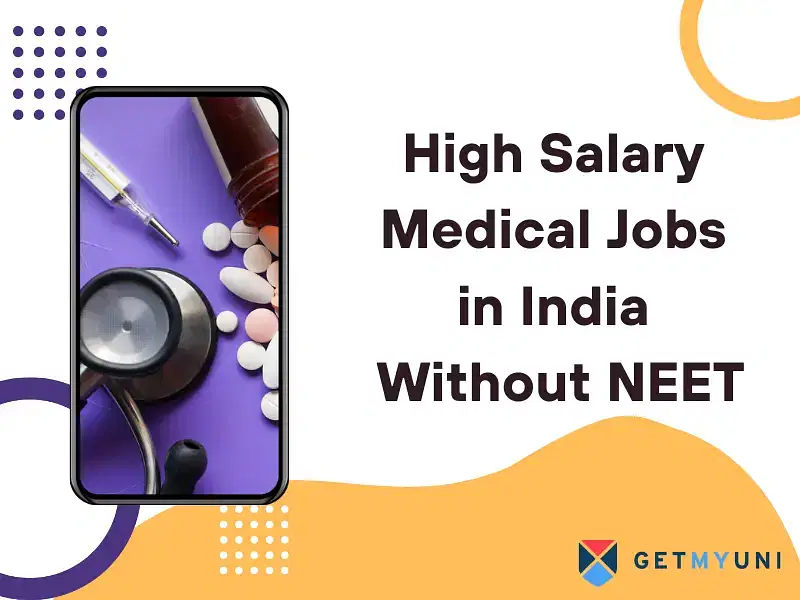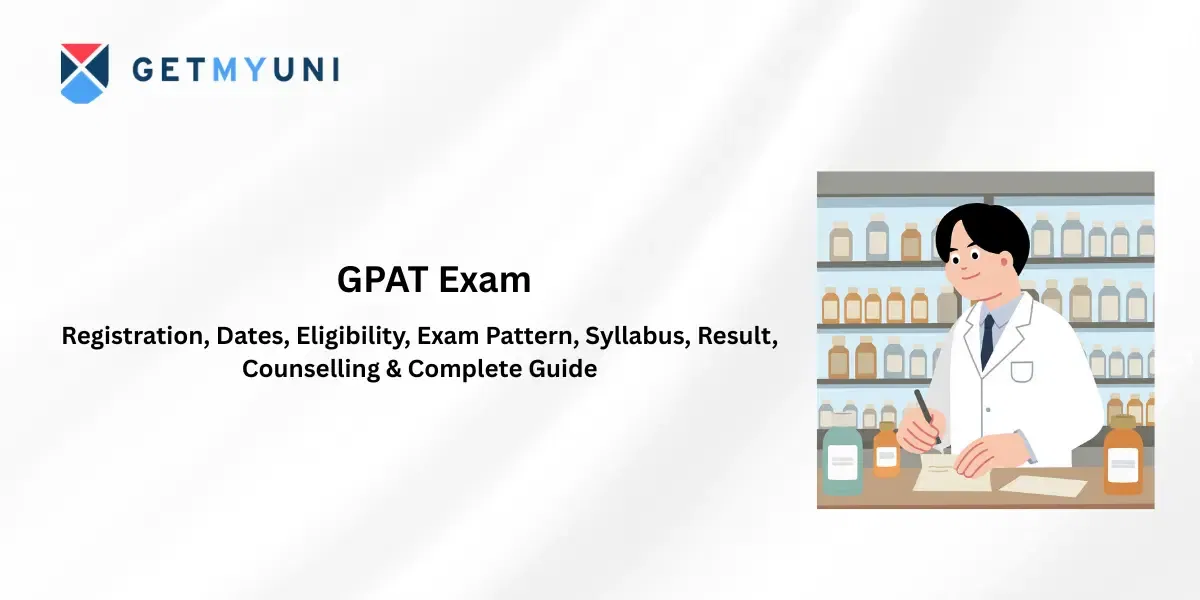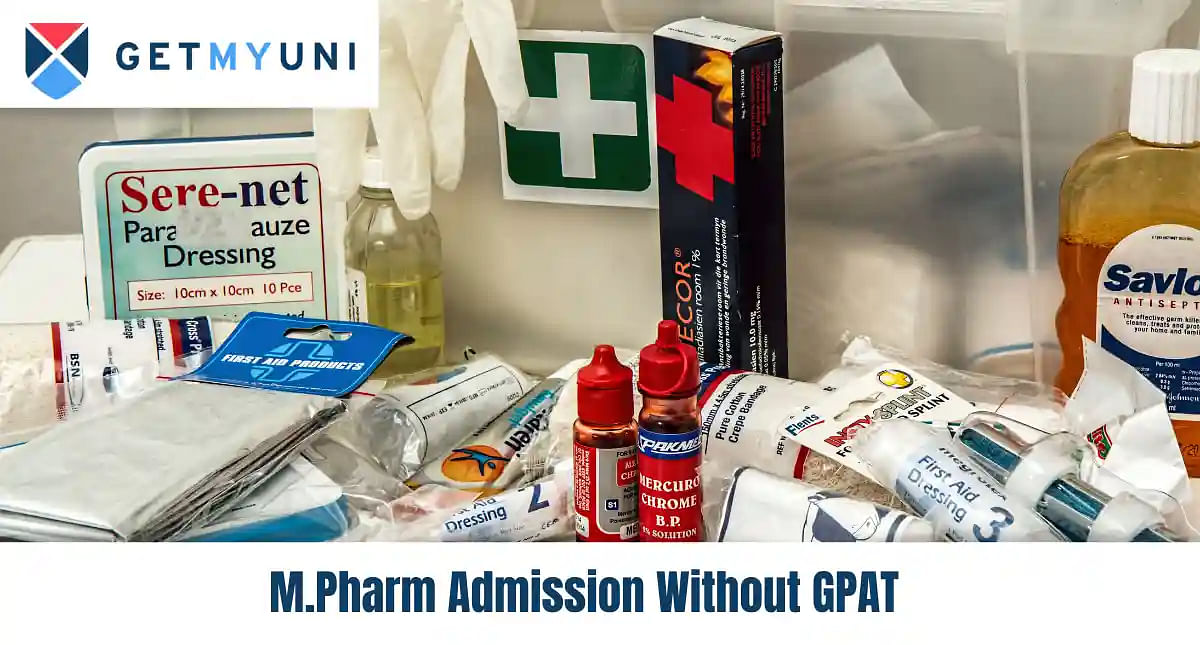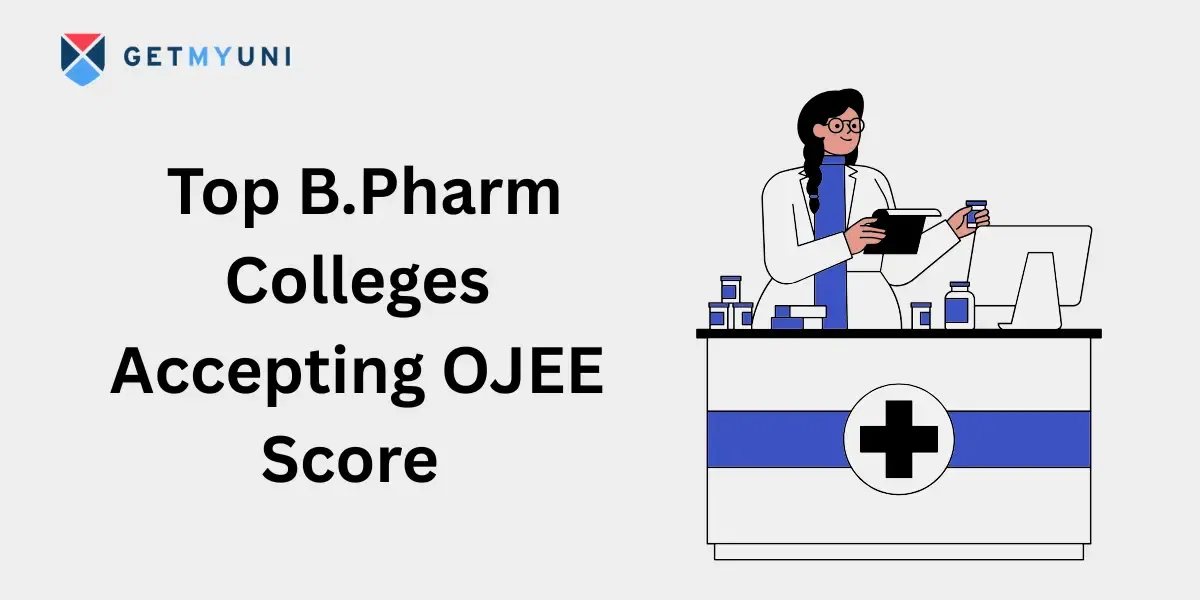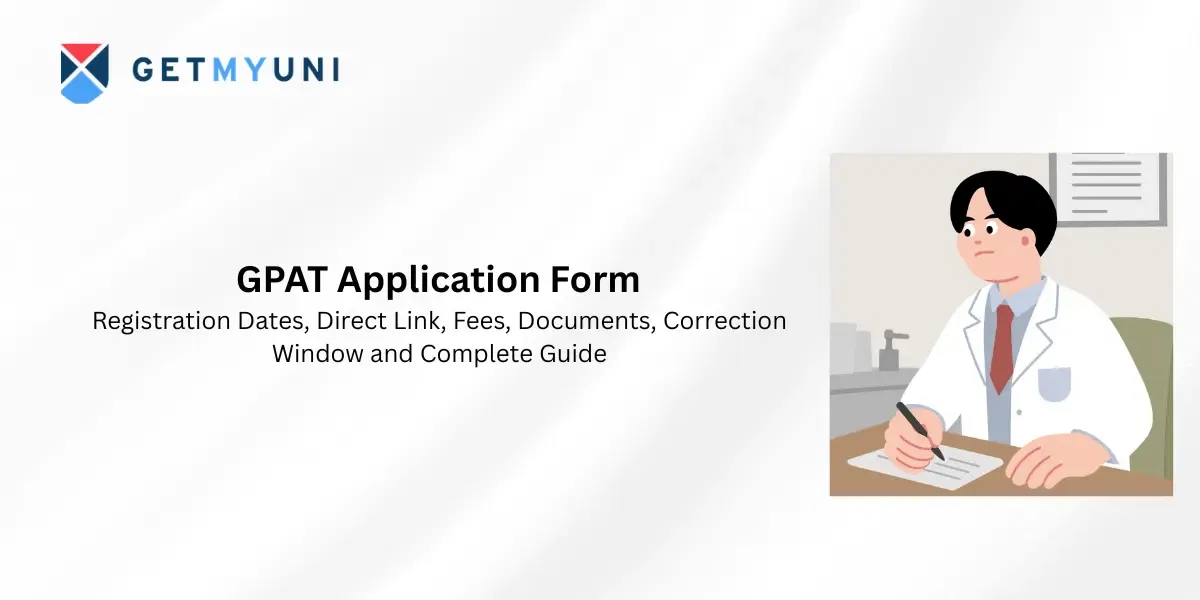Aspiring for higher education after MDS? A PhD may be the right path for you.
A Ph.D. in Dental Sciences is a three to a five-year doctorate program. Students can pursue a Ph.D. after MDS to study more in-depth about a subject and research in their field. This course covers dental materials, surgical methods, oral histology, pedodontics, radiology, dental anatomy, oral pathology, and community dentistry, among other topics. Depending on the college, students can pay anywhere between INR 10,000 to 15 LPA. Students who complete this degree can work as Oral Pathologists, Professors, Medical Consultants, and other roles in dental clinics, hospitals, health centers, dental colleges, and pharmaceutical industries. Many PhDs in dentistry can earn above INR 10 LPA after completing their course.
Ph.D. After MDS- Overview
An academic doctorate is defined as a Ph.D. degree. The Ph.D. courses usually last three to four years, and course completion takes a maximum of five to six years. Nevertheless, the duration of the course may vary from one institute to another. Ph.D. after MDS is one of the best academic prospects students can go for. The course covers various aspects of dental treatment, such as dental material, surgical procedures, histology, etc. After completing this course, students can find jobs in groups like Dental Clinics, Hospitals, Health Centres, Dental Colleges, and Pharmaceutical industries in various positions like Oral Pathologists, Professors, and Medical Consultants.
Ph.D. After MDS - Eligibility and Admissions
For admission to Ph.D. In Dental Sciences programs, the majority of schools and institutions use an entrance-based system. After passing the admission exam, the candidate's research subject, proposal, methodology, and other materials are reviewed, and an interview is scheduled.
The following are the qualifying requirements that candidates must meet to be considered for admission to the Ph.D. Dental Sciences program:
- Aspirants must have passed any of the following entrance exams: Teacher Fellowship or Inspire Fellowship, or equivalent entrance examinations. NET, DET, SET, UGC (JRF), CSIR (JRF), Teacher Fellowship or Inspire Fellowship, or similar admission examinations.
- Candidates seeking a Ph.D. in Dental Sciences must have completed a Master's degree in Dental Science or an equivalent degree from a recognized institution or college.
- Candidates must have received a minimum of 55% in their Master's or equivalent degree.
- Differentially abled applicants are awarded a 5% relaxation from 55 percent aggregate marks or an equal relaxation grade, depending on the university/discretion.
Ph.D. After MDS- Specialization and Scope
Ph.D. Specialization
There are various specialization choices available to students for Ph.D. after MDS. Students can apply for a Ph.D. program based on the area of interest and the research opportunities present in the area. The proposal for research and the subjects offered in the course fall under the following categories:
- Ph.D. in Oral Implantology
- Ph.D. in Preventive Periodontology
- Ph.D. in Denture Prosthesis
- Ph.D. in Public Health Dentistry
- Ph.D. in Oral Medicine and Radiology
- Ph.D. in Periodontics
- Ph.D. in Orthodontics
- Ph.D. in Prosthodontics
Future Scope after PhD
The highest educational degree in the nation is a Ph.D., which is a doctoral-level degree.
Employability is high, and graduates are rapidly hired in well-paying jobs after completing their degrees. There is no end to learning and knowledge with this information.
- After completing this program and passing the UGC-NET test, they will teach at colleges and universities, essential to becoming a permanent lecturer.
- They work in various settings, including regional centers, government administration, and different other disciplines.
- After completing their Ph.D., students may be eligible for a lecturer in Dental Sciences and teaching at colleges and universities that use UGC scales.
Job Opportunities
As dentists, there are many job opportunities present for graduates after completing their Ph.D. Holding doctorates in the field gives them added advantages and experience along with specialized knowledge. Ph.D. graduates may find opportunities for dental clinics, equipment manufacturers, hospitals, research institutes, and pharmaceutical companies.
Dentist, Consultant, Ceramist, Dental lab professional, Sales agent, Medical delegate, Professor, and so on are some of the jobs available to graduates from top dental clinics and ventures. Private dentists can open their dental practice, which can help them gain security and money.
Salary
As a Ph.D., the dentist is highly specialized and has a significant amount of experience and knowledge, making them highly qualified and placing them higher than other dentists that lack in these areas. On average, any Ph.D.and dentist would be earning about INR 10 LPA, and these estimates only get higher with more specialization and higher experience in the dental field.
| Job Role | Salary |
| Dentist | INR 12 LPA |
| Orthodontist | INR 9.7 LPA |
| Oral Pathologist | INR 8 LPA |
Top Institutes in India
Students can apply to a program that aligns with the goals of their research areas and a faculty that is having excellent knowledge to facilitate their studies. Some of the top colleges and universities that offer a Ph.D. in Dental Sciences are:
- Tamil Nadu Dr. MGR Medical University
- Babu Banarasi Das University
- Maharashtra University of Health Sciences
- Shree GuruGobind Singh Tricentenary University
- Dr. DY Patil College
- Swami Vivekanand Subharti University
Is Pursuing a Ph.D. after MDS Worth It?
Pursuing a Ph.D. is a major decision after a master’s program, and students must consider all the factors involved before making a decision.
High level of Specialization: Attaining a Ph.D. in any field adds a high level of specialized knowledge, making one an expert in the subject matter. This adds more credibility to their professional opinion.
Rewarding: In this sector, there is a lot of room for personal and professional development. The attraction of a prestigious career as a dentist grows with each passing year, and there is a growing need for qualified experts in this sector worldwide. As a result, graduates should enroll in these courses to expand their job prospects and develop careers.
The field has plenty of opportunities for dentists and the scope of research, which makes it ideal for students who wish to pursue higher education and gain more expertise in the field.

